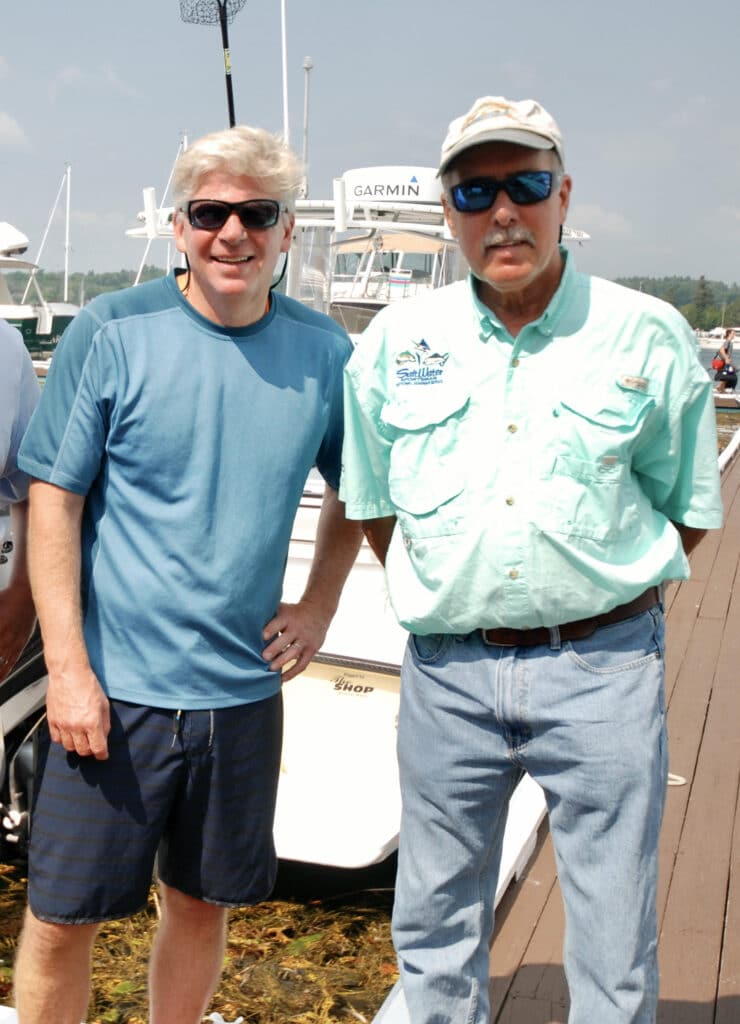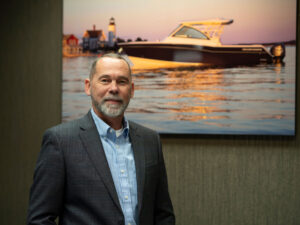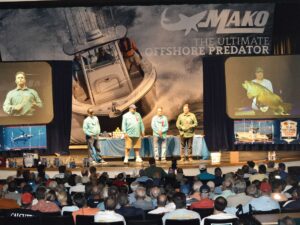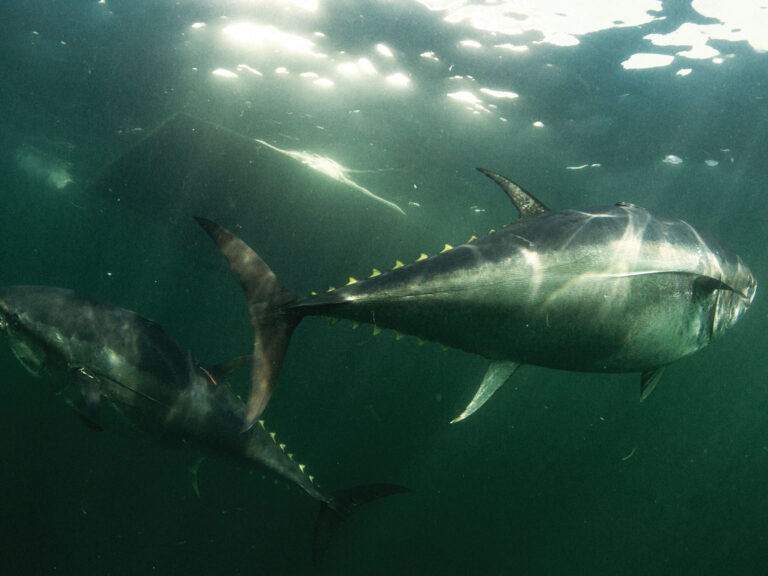
Barry Gibson changed my life. In 1990, he took a chance on a fresh-out-of-college, wannabe outdoor writer with no previous editorial experience—or even much fishing experience—and made him “technical editor” of a national sport fishing magazine that had just celebrated its 50th Anniversary. I felt, and still feel, as if I had won the lottery when Barry told me I had the job. (I received this news via a payphone call made from Boston’s Shawmut Bank, where I was working as a temp.)
I had much to learn about writing, publishing, and fishing in general. Barry was a mentor in all three fields, even though he would not have seen it that way. He was a self-taught, old-school type who expected green editors to learn on the job rather through overt instruction or criticism. He was often reserved and inscrutable (at least in my eyes), yet always took time to answer my many naive questions. If I was lucky, he would share an anecdote gleaned from his many fishing adventures.
Once I got to know him a bit, I saw that Barry possessed a sharp, sardonic, and subtle sense of humor. He remains one of the funniest people I ever met, and some of our editorial meetings literally had me in tears.
He was a master storyteller, and I still believe him to be one of the best, if not the best, writers who ever penned an article for Salt Water Sportsman. Had he cared about writing awards, he would have won a boatload. I regret that he never wrote a book of his many adventures. It would have been a classic.
Barry was also responsible for my early boating education. In 1993, he and his wife, Jean, sold me their trusty 14-foot Duranautic aluminum skiff. I fondly remember driving to the couple’s home in Boothbay, Maine, where Barry gave me a surprisingly avuncular lesson on how to change the engine’s lower-unit oil and grease the trailer’s bearings, helped me hitch up my new rig, and sent me on my way to adventure—and misadventure.
Reflecting on Barry’s many contributions to sport fishing, perhaps what I admire most was his staunch advocacy for marine conservation. Throughout his tenure as editor of SWS, he made sure that editorials and articles regarding conservation and environmental issues affecting our fisheries were a staple of the magazine, and he took this dedication to another level by serving multiple terms as a recreational representative on the New England Fisheries Management Council.
Barry sacrificed untold hours of personal time reviewing regulatory proposals, reading scientific studies, and attending heated council meetings. He fought a fearless battle for equity among the various fisheries resource users, particularly in the realm of groundfish management. For his trouble, he sometimes endured threats of physical violence by those who felt entitled to a disproportionate share of what Barry correctly viewed as a public resource. Yet he believed in the system.
As an editor and writer, I have much to thank for Barry’s guidance and the nurturing of my career. As a recreational fisherman, I am humbled and inspired by his dedication to the preservation and enhancement of the fisheries we all enjoy.









